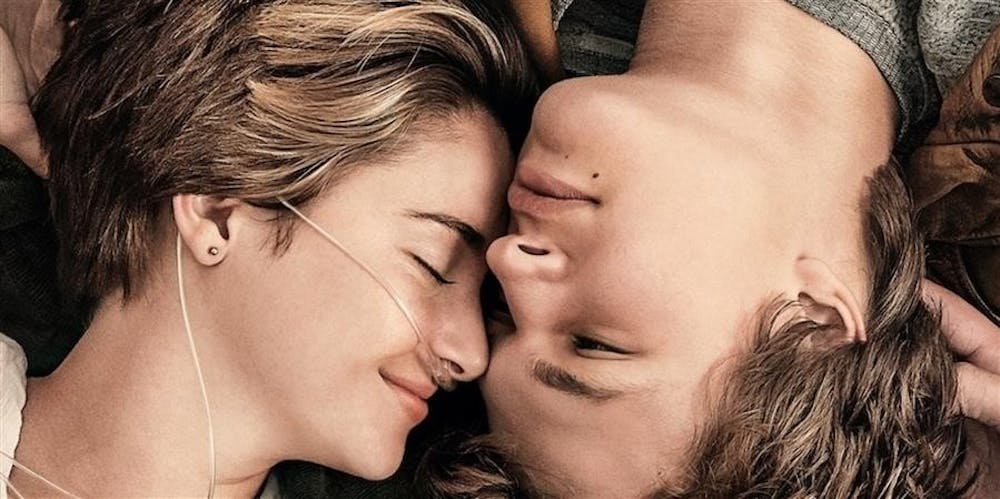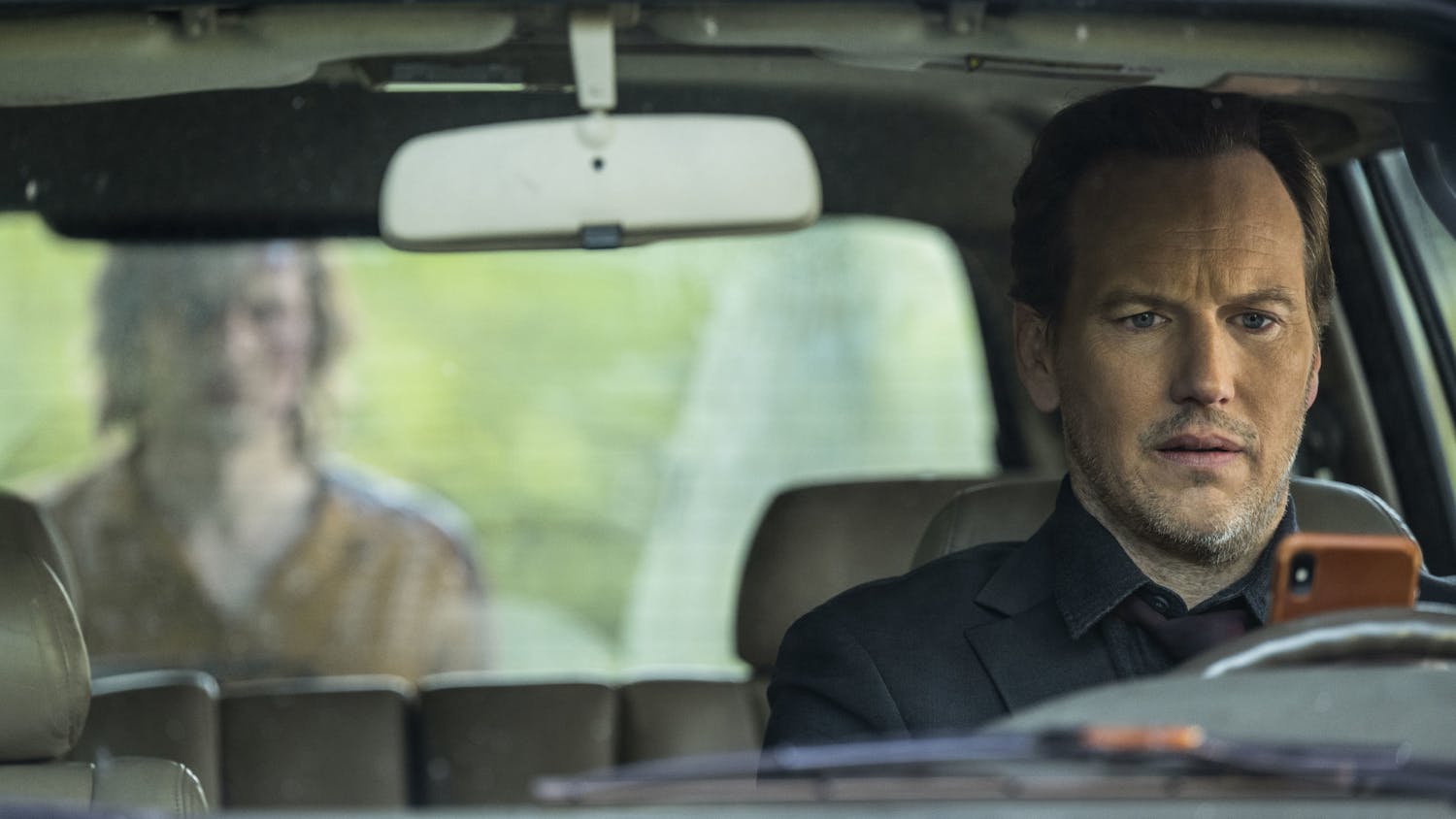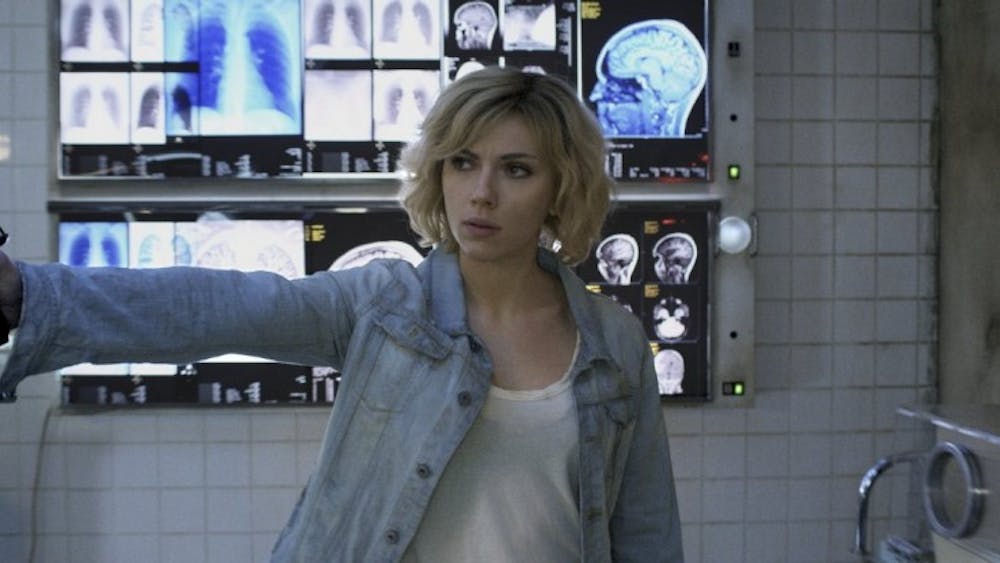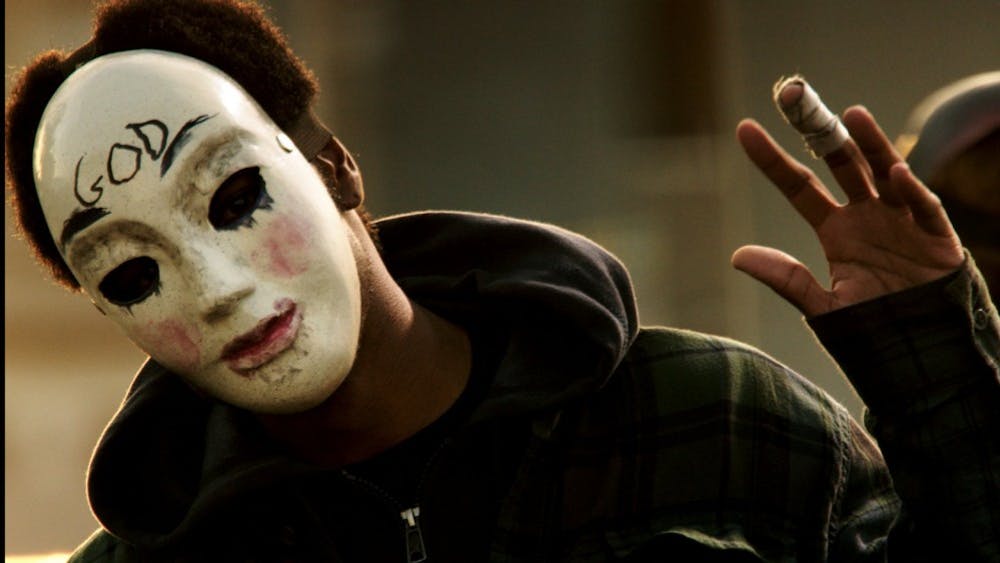By now readers have likely been warned about the inevitable torrent of tears when they view “The Fault in Our Stars,” an adaptation of the best-selling novel by John Green.
The theater in which I saw the movie handed out tissue boxes after the credits.
It is undoubtedly a tearjerker — a weep riot for sure.
Despite the film’s heartbreaking subject matter, I was not one of the sobbing audience members.
The movie follows Hazel Lancaster (Shailene Woodley) and her friendship-turned-courtship with fellow cancer fighter Augustus Waters (Ansel Elgort). Gus’s cancer is firmly in the past, and it cost him a leg. But Hazel still deals with her cancer complications on a daily basis.
Their relationship evolves with the help of a mutually loved book and a trip to Amsterdam to visit that book’s author, Peter Van Houten (played with antisocial relish by Willem Dafoe).
While in Amsterdam, the couple receives tragic news. This leads to the terrible and enormous pain of losing a loved one.
My main criticism of the movie is that while the process of mourning in the movie’s second half feels vital and informed, the love affair that begins the picture is overdone.
The clever dialogue that flows so well on the page is delivered as well as it can be by the fine lead actors.
Perhaps monologues, such as about sad swing sets or cigarettes serving as metaphors, are best kept in artistic media where the reader’s imagination has some say in their delivery.
When translated to the screen, scenes that feel cute but earned in the book become clunky and forced. The romance feels unrealistic, which is particularly affronting when the movie’s opening lines promise us the truth as contrasted to a Peter Gabriel song.
The movie should have either opted out of this guarantee or toned down the hyperbolic chemistry. This would make the final minutes of the film even more potent.
It would be a disservice to deny the power of the movie’s ending, which is a credit to director Josh Boone, the entire cast and John Green’s source material.
Pain, as Hazel says, demands to be felt, and cinema allows pain to be spread virus-like to all who watch it. But how much more cathartic might those final moments have been had the writers been a bit more judicious with their adaptation?
How powerful would it be if writers had finessed the opening and really sold filmmaking’s illusion of reality, rather than presenting it in a clearly fictive scenario?
The movie is never bad, but it never lives up to its novel, either. That might be sad, but — like the movie itself — it is nothing to shed a tear about.
A few faults in our stars
Movie: "The Fault in Our Stars"

Get stories like this in your inbox
Subscribe




